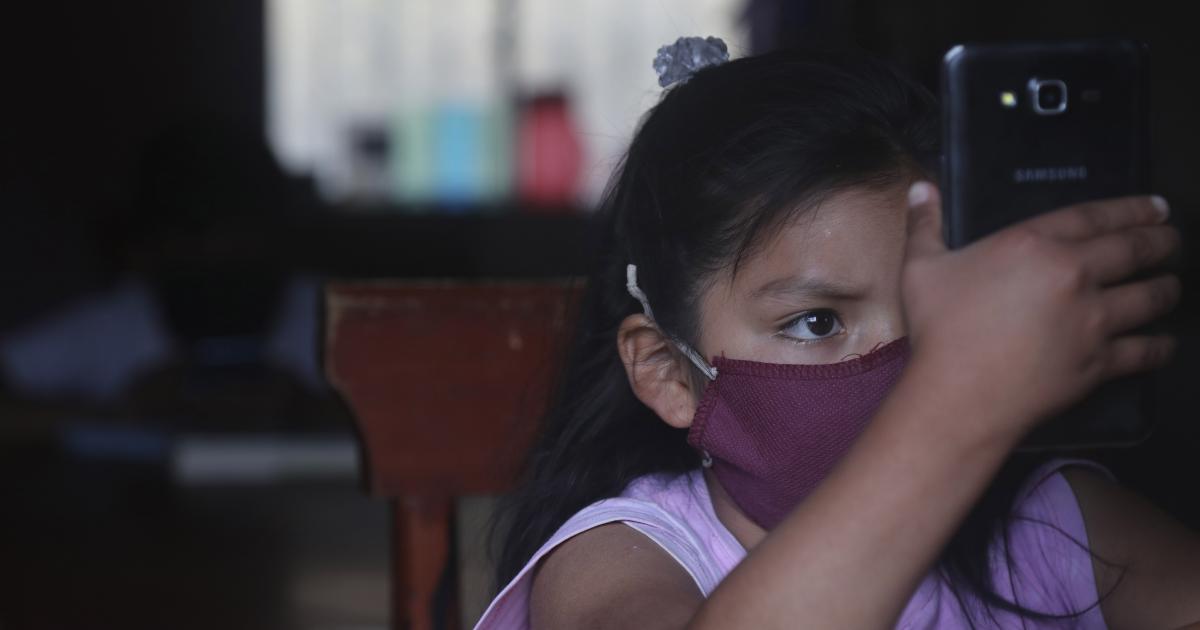
Raising a 12-Year Old in a Gadget Free Environment During the Pandemic
There is nothing to do here! I am so bored!
Can I watch that show on the phone? How about video games? Can I do that?
There is no dearth of such complaints by children who are unfortunately stuck indoors, thanks to the pandemic. While it is understandable they need something engaging and interactive, turning to gadgets is not a good idea, especially for a developing brain and mindset.
In my case, my daughter has been kept away from gadgets and social media for a very long time, and perhaps that’s why, it is easier for her to live a gadget free life, irrespective of the current scenario.
Here’s how I am raising a 12-year old in a gadget free environment. These tips can be implemented by all parents despite their child’s age-group.
Bring out the creativity
Children are expressive beings and it is very important to unleash the same via a creative medium. This can be via arts and crafts, storytelling, poetry and so much more. Having an outlet to be creative not only fills up the hours in a day but also enhances childrens’ cognitive and motor abilities. Instead of turning them to Picasso, I believe that parents should allow them to experiment and see what excites them the most. Indulging in creative activities also help improve their observational skills, attention to detail and improve hand-to-eye coordination to name a few.
Include them in household activities
We all know that running a household is no easy task. Even with domestic help, a little elbow grease now and then is mandatory to keep the ship sailing. This is where children can help too. We can of course, keep them away from slightly dangerous activities like cooking on the flame, working with the wires etc. However, I encourage my daughter to help me fold clothes, pack up things or help with the cooking preparation. The trick is to have kids involved in day-to-day chores.
This not only helps them understand the nitty-gritties of running a house but also makes them aware of the responsibilities they would need to shoulder as they grow up. Children involved in chores at a young age are not afraid to work hard, take up almost every task as a hero and have no mental bias of the attributing gender role to the household responsibilities.
Engage them in deep thinking
While kids are already working their brains on classes, there are different ways to help build the brain strength and that is via deep thinking activities . Activities like puzzles, word games, sudoku etc are great ways to pull children into deeper concentration and have them spend hours productively without experiencing an ounce of boredom. Such activities improve concentration, patience, neuroplasticity, and analytical thinking of a child.
Free Play
Free play is a way to allow the mind to relax and body to get the physical workout it deserves. I encourage my child to scoop out an hour or more playing around with a football or simply bouncing it around. This might be trickier for a child living in apartments but it is not impossible. Parents can create rough play spaces in the house for the child, play-wrestle with them or just dance with them to let all worries dissipate.
The free play time is very important for the child’s fragile mind as it allows it to take a break, refresh itself in endorphins and grow to be healthier. Free play is also important for physical as well as mental well-being. Infact, grown ups who engage with their children in free play are more likely to be relaxed at the end of even long days
Encourage musical pursuits
Learning an instrument is known to improve the brain’s retention power, especially among children. Having a child engage in music not only helps pass the time but encourages him/her to build a natural rhythm and practically be always fresh in mind, body and soul.
It also improves their learning skills and helps create healthier brains that are more likely to grasp information easily and implement them in real time.
While gadgets, when used in the right manner, are an asset, placing them in the hands of a young child can do more harm than good. In addition to straining their eyes, they are also likely to develop mental health issues, physical dystopia and so much more.